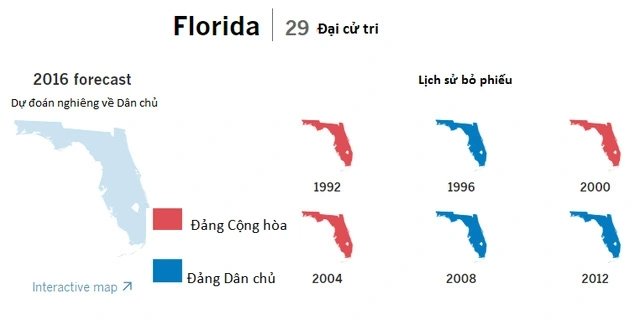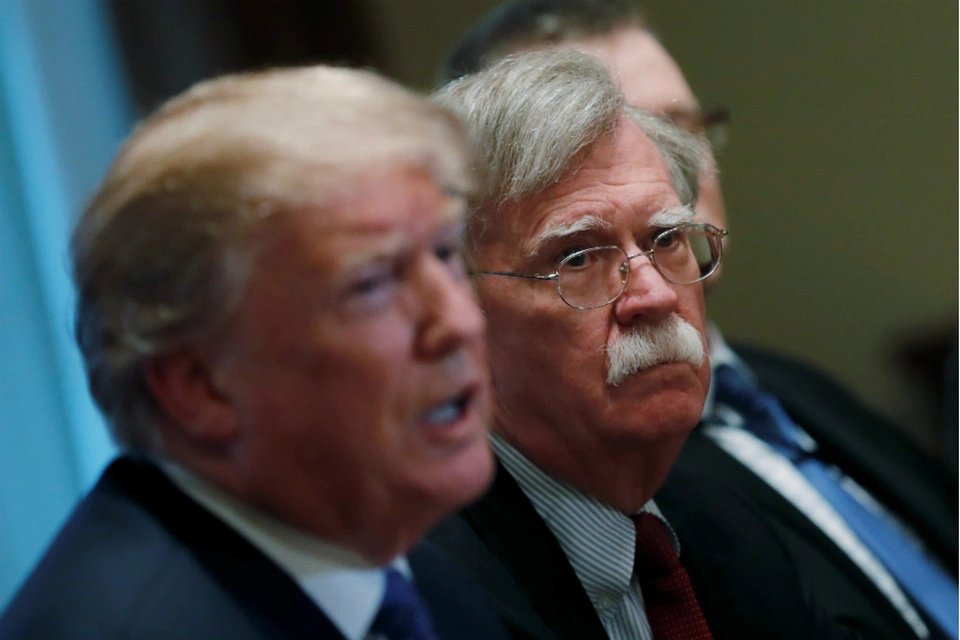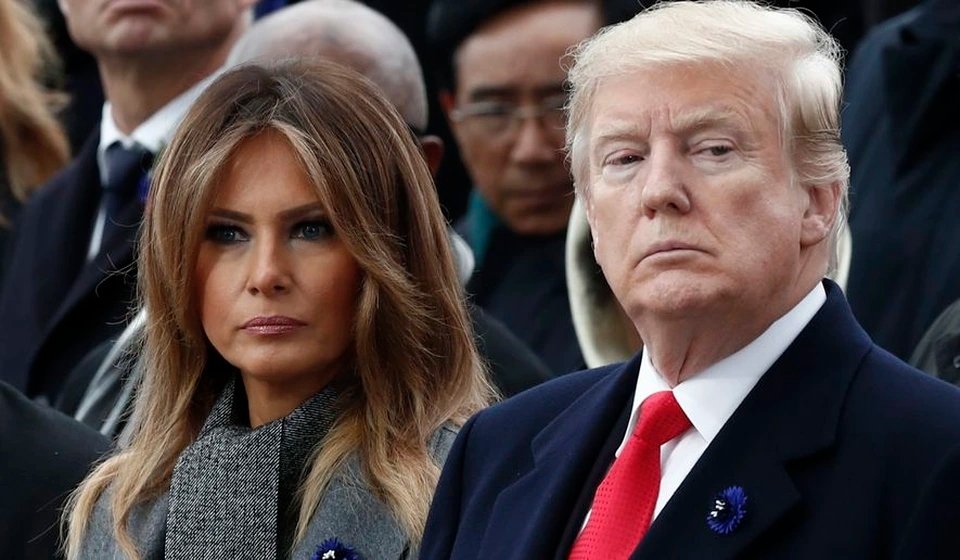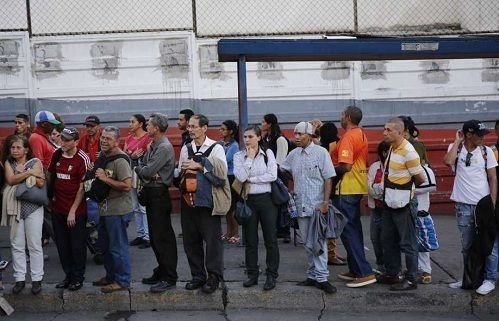
People waiting for a bus in Caracas.
In Venezuela, the devaluation of money makes going to work more expensive than staying at home.
Many Venezuelans find that quitting their job can help them cover their expenses until the end of the month, especially those who only earn the minimum wage.
`The situation in Venezuela is so serious that many people don’t go to work because it means losing money. Stepping on the street costs money,` said Hugo Santaromita, a famous radio host and analyst.
The price of a bus ticket can cost an entire month’s salary, so many Venezuelans are faced with the choice of going to work to earn a few bolivars a day, or using the bus fare to buy a few items at prices set by the government.
Many people believe that quitting their professional job in college to work a side job is more beneficial in this situation.

Workers at a bakery in Caracas.
The average daily income of people is 26,583 bolivars (0.13 USD), which only buys one cup of coffee.
The economic crisis also casts a shadow on the education sector, when teachers quit teaching because of low salaries, and students feel that going to school is of no use and costs more money.
`I decided to quit teaching at the university. The salary is too low, public transportation is expensive, and students don’t bother going to class,` said Andrea Vargas, a university professor.
`In college now you will hear the sentence: I want to graduate from college as soon as possible to go abroad, instead of: I want to graduate early to work in an excellent company,` a student wrote.
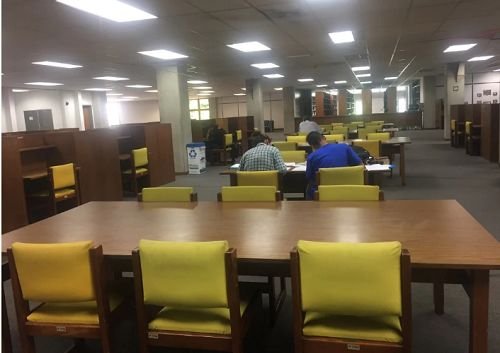
Less than 20 students in a university library in the capital Caracas.
Professor Vargas said the quality of training is also poor because there is no way to ask students to focus on their studies.
Andrea Rondon, a 19-year-old student, said she would drop out because she knew she would not be able to complete the program.
Hong Hanh



